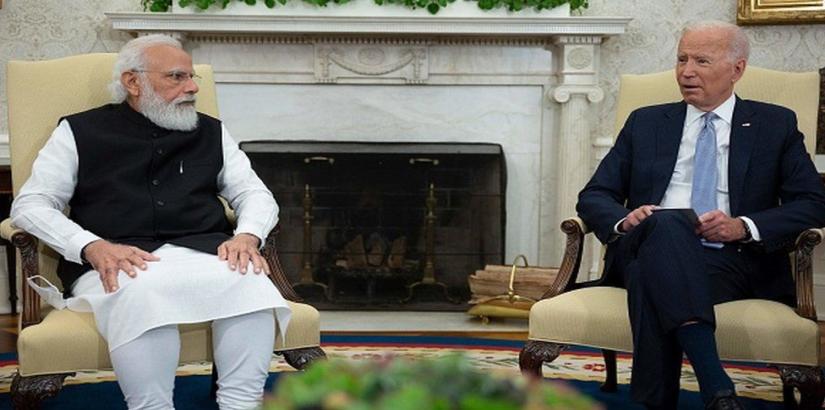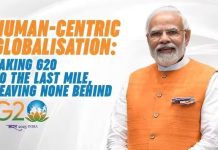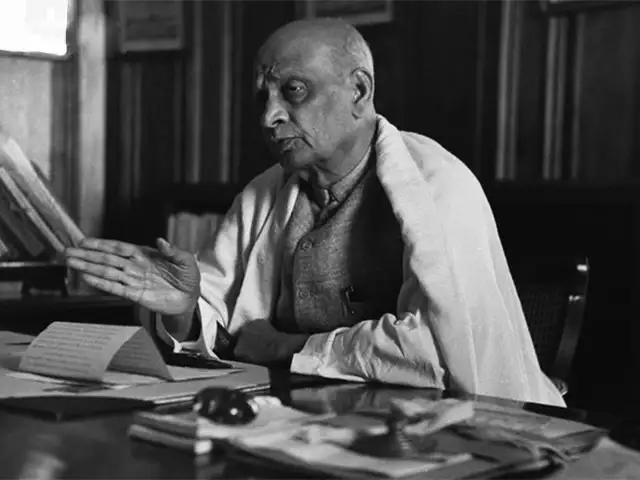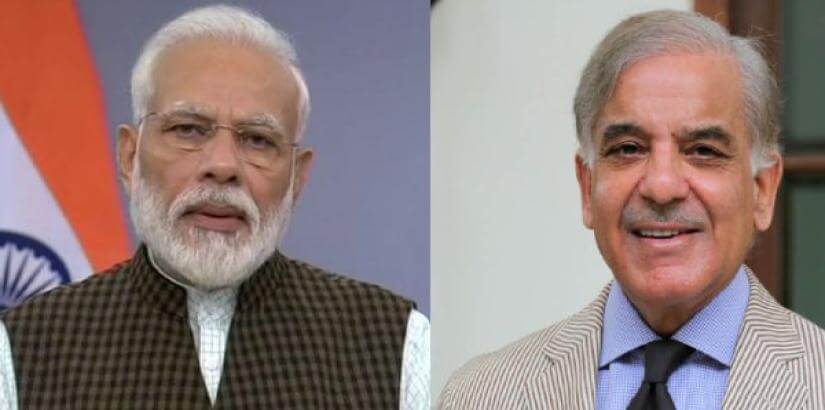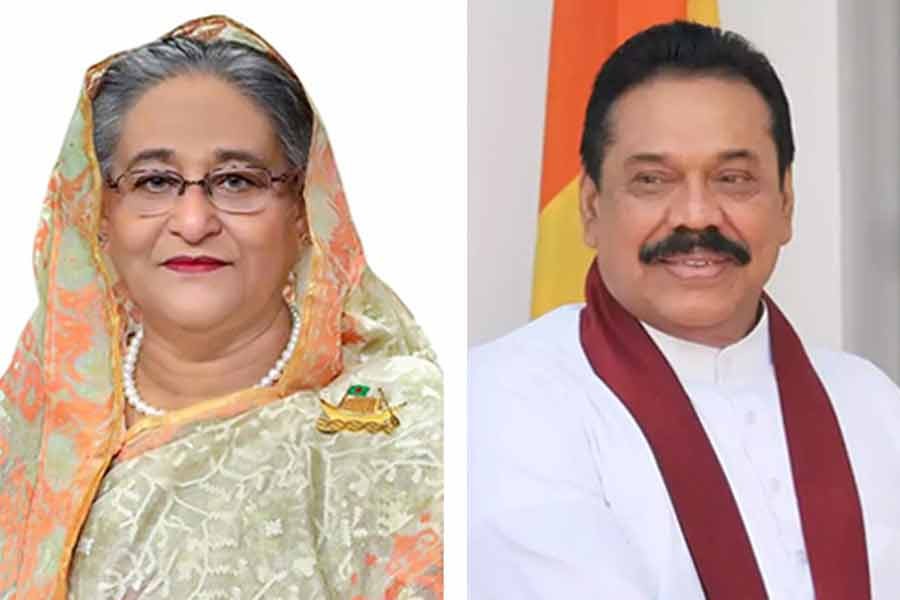Lt Gen Prakash Katoch (retd)
Following reports of the skirmish between the Indian Army and the Chinese PLA in the Yangtse area of Tawang in Arunachal Pradesh, in northeastern India, on December 9, the US has promised support to India over border clashes with China and accused Beijing of provocative actions against the US and its allies in the Indo-Pacific region, pledging to ensure their security.
The message is that India is a US ally – something that China abhors. This is perhaps also making up for US Defense Secretary Lloyd Austin publicly stating during his visit to India in the immediate aftermath of the 2020 Chinese aggression in Eastern Ladakh, “We never knew India and China were so close to war”.
Concurrently, the UK media has slammed the Indian government. Joe Wallen wrote in The Telegraph on December 14 that India is covering up the true extent of border clashes with China to avoid panicking the public. He quotes army officials to say that face offs in Arunachal Pradesh average 2-3 times every month, that 20 Indian soldiers were injured in the clash on December 9 at Tawang, and the army manning the border is under strict instructions to keep quiet about the border clashes.
Then you have US Deputy NSA Mike Pyle telling the media during his recent visit to India that in capping Russian oil at $60 per barrel, the interests of the US and India are aligned. This is nonsense because India has rejected the G-7 price cap and is getting Russian oil at even cheaper rates.
Feelers to Beijing
The 13th report by the monitoring team of the Taliban sanctions committee, formally known as the UN Security Council Committee established pursuant to Resolution 1988 (2011) states that three of the eight terrorist camps run by the Pakistan-based Jaish-e-Mohammed (JeM) are directly controlled by the Taliban and Taliban officials have been visiting these camps. But the US has absolutely nothing to say to Pakistan because it supplies terrorists as proxy boots on the ground for the US.
The economic fallout of the war in Ukraine has not spared the West, which includes the US. That is why German Chancellor Olaf Scholz led an economic delegation to Beijing, which was followed by European Council President Charles Michel visiting China. America’s Joe Biden administration is wary that it cannot take on Russia or China directly, and definitely not together – which would be harakiri. So, it is playing a double game with China.
The US has launched a semiconductor war on China and is “contemplating” more and more sanctions. At the same time, the US has withdrawn both squadrons of F-15C and D Eagle fighters from Kadena Air Base in Japan and has moved to high-level US-China dialogue pursuant to the recent G20 Summit in Bali Indonesia.
US Secretary of State Antony Blinken is likely to visit China early next year. Daniel Kritenbrink, in charge of East Asia in the US State Department and Laura Rosenberger, National Security Council Senior Director for China and Taiwan, are already in China holding “in-depth” discussions with China’s Vice Foreign Minister Xie Feng.
Double-timing?
But while the US wants rapprochement with China to be kick-started with Blinken’s visit to Beijing, five Chinese nationals have been badly wounded in a terrorist attack in a downtown hotel in Kabul. Chinese foreign ministry spokesperson Wang Wenbin, while calling for an investigation into the incidentsaid, “The nature of this terrorist attack was abominable, the Chinese side is deeply shocked.” The Islamic State has claimed responsibility for that attack.
It is well known that the rise of the Islamic State (IS) in Iraq-Syria as well as their training and arming in Turkey was supported by the US and the UK. While US forces were in Afghanistan, IS cadres were inducted into Badakshan region of Northern Afghanistan bordering Tajikistan (which had presence of Russian troops) via Pakistan.
The US would love an India-China war – India becoming the Ukraine of the Indo-Pacific. The US administration would be ready to sell any amount of weaponry to India – nothing gratis of course. Concurrently, the Joe Biden administration would aim to achieve an understanding with China – we sell arms to India, you sell to Pakistan and other neighbors of India. So the West can be expected to continue double-timing India and China! – South Asia Monitor

